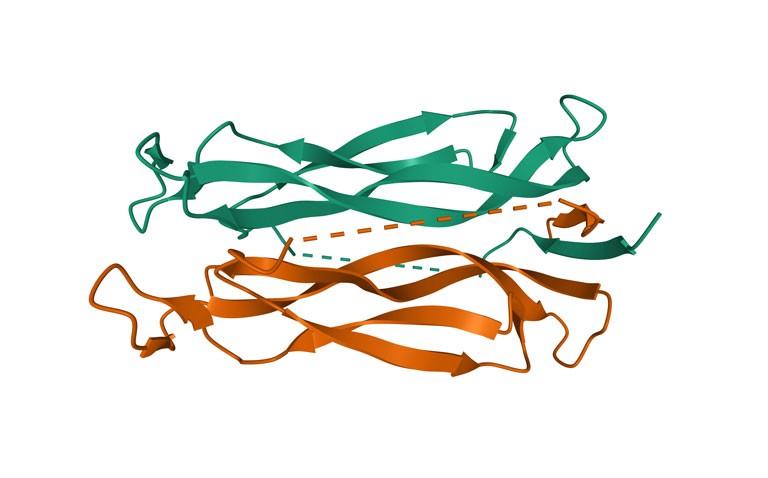Manufacturer Novartis has been granted approval for Cosentyx (secukinumab) use in children from 6 years of age with moderate-to-severe psoriasis
Psoriasis is a chronic, inflammatory conditions that affects 1% of children and adolescents in the US. Moreover, due to the visible nature of the condition, psoriasis can have a negative impact on children’s quality of life.
The interleukin-17A (IL-17A) inhibitor, secukinumab (brand name Cosentyx) can now be used for the treatment of moderate-to-severe psoriasis in children from the age of six who are candidates for systemic or phototherapy because of the severity of their psoriasis. The drug has more than 14 years of clinical experience and long-term, 5-year clinical data. The approved dosing is 75 or 150mg, depending on the child’s weight (i.e., 75mg for those < 50kg and 150mg > 50kg) and the drug is administered by subcutaneous injection every four weeks after an initial loading regime. A further advantage is that after suitable counselling, the dose can be given by an adult carer, hence avoiding the need to visit a healthcare professional.
The approval of Cosentyx was based on the results of two Phase III trials that were undertaken in children aged between 6 and 18 years. The first trial was a 52-week, randomised, double-blind, placebo controlled study with 162 children with severe plaque psoriasis. The study had a co-primary endpoint: the proportion achieving a psoriasis area severity index (PASI) 75 score (i.e., a 75% improvement in disease severity) and an investigator’s global assessment of either “clear” (no psoriasis) or “almost clear” at week 12.
Among children <50kg, after 12 weeks, 55% vs 10% (Cosentyx vs placebo) had achieved a PASI 75. Similarly in those weighing >50kg, the corresponding PASI 75 values were 86% vs 19% (Cosentyx vs placebo). For children weighing <50kg, the proportion achieving a score of clear or almost clear was 32% vs 5% (Cosentyx vs placebo). Similarly, among children weighing > 50kg, the corresponding values were 81% vs 5%.
The second trial was designed to assess safety although the press release contains no data from this study and at present, neither study has been published.
Discussing the new approval, Randy Beranek, President and CEO of the National Psoriasis Foundation, said “Having expanded treatment options for this patient population is a step in the right direction to help reduce the burden of plaque psoriasis“.










